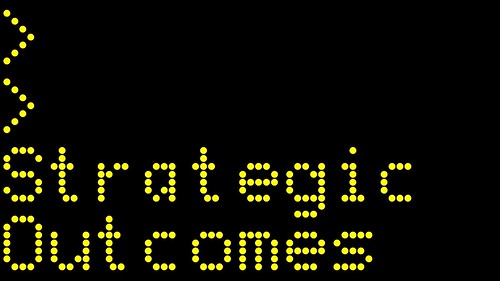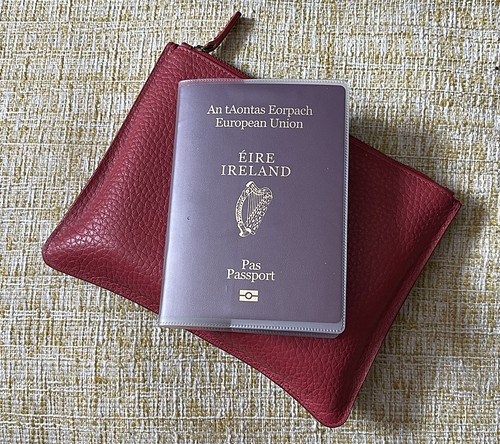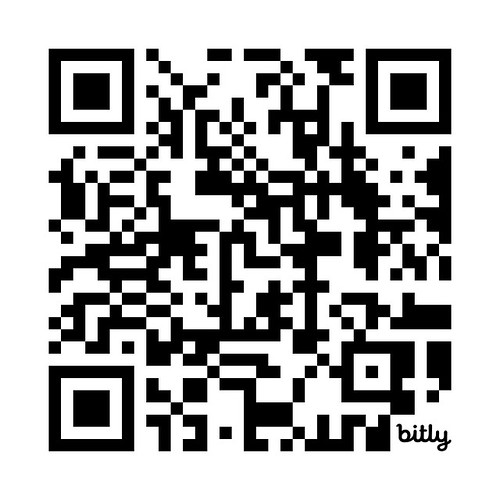8 minutes estimated reading time
March 2024 newsletter introduction
Welcome to my March 2024 newsletter which marks my 8th issue.
I am glad that I have moved to the eighth issue. In between St Patrick’s day happening in March, and the number 8 being lucky according to the Chinese in a good place – I figure its a good omen for this issue. 8 symbolises prosperity, joy and infinity. In Chinese pricing strategy 8 holds a similar role to 9 in western markets, so $58, $88 and $688 are frequent pricing points.
St Patrick’s day is particularly lucky for one Chinese city above all others: Yiwu in Zhejiang province is often called Christmas town. In reality it’s a city selling ‘small commodities’ better known to you and I as tat. The Christmas town epitaph came from it being the centre for the global Christmas decorations trade. It’s also where most of the St Patricks Day decorations are made including the leprechaun hats popularised around the world by Irish pubs.
New reader?
If this is the first newsletter, welcome! You can find my regular writings here and more about me here.
Things I’ve written.
- Razors for strategists – how we can apply the principle of philosophical razors to aid faster solutions for client work, while also bearing in mind their limitations.
- Vicki Dutton – Singapore’s forgotten fashion icon.
- Brand clichés – a bit of honesty from the trenches.
- CMOs – their demise and evolution considered.
- AI two-step – corporate leaders reluctant to admit AI-related job losses.
Books that I have read.
- A Hacker’s Mind by by veteran technologist Bruce Schneier provides a guide to the different way people have found loopholes to ‘hack’ systems. Schneier is trying to write a social movement book,, but while it’s interesting enough to read on a plan, it will be harder for it to get people moving as he intends.
- I picked up this book from Scheltema book store just off Dam Square in Amsterdam during a work trip, with a bit of time-off bolted on the end. Browsing the English language book section of foreign book stores often gives recommendations that you wouldn’t otherwise look at. Tales from the Cafe: Before the Coffee Gets Cold is book two of a four-book series by Japanese author Toshikazu Kawaguchi is difficult to characterise in terms of genre. It’s a time travel novel with distinct rules that keep its universe coherent. It’s a book that is suitable for children, but not aimed at children- in this respect its more like the childhood books that I read growing up than are popular now as the ‘young adult’ genre. It’s about love lost, but not a romance novel – the love covered is a mix of loneliness of a widower, an orphaned child and a past romance. There is something delightful about the book, especially as it captures the minutae of everyday Japanese life.
- Historian Dan Jones portrayal of medieval wars in his Essex Dogs series is very well written and accessible. It’s an ideal holiday read, if you can handle the grim subject matter. The Wolves of Winter is a richer story with greater intrigue in the plot line.
- Back in the early 1990s chaos theory was very much in the public zeitgeist in a rather similar way to the internet from the late 1990s to early 2000s and artificial intelligence now. I have noticed mentions of chaos theory has started to pop up again as an idea in email newsletters. Fluke Chance, Chaos and Why Everything We Do Matters resurrects chaos theory as an analogy and hypothesis for everything from global politics to emotion-driven behaviours. The author Dr Brian Klaas is a social scentist by training and has taken a few leaves out of the Malcolm Gladwell school of writing with stories to pull in the audience. I would liked to see a bit more evidence-based findings in the book. But it is a good read.
Things I have been inspired by.
TheOrangeblowfish, a Shanghai design-led agency did an amazing retail / out of home activation for Arc’teryx museum on what looks like a 3D OOH execution a la Ocean Outdoor’s Deepscreen sites in the UK.
Oliver’s white paper on How Brands Can Build Customer Trust looks at how brands can communicate about sustainability in their marketing. It’s a nice first step as a discussion document. There are a few areas I would like them to explore further:
- Tonality on sustainability communications is immensely important, given the rise of climate despair amongst some consumers.
- While the carbon footprint of advertising can be reduced, what will regulations like the European Union’s Circular Economy Action Plan mean for marketers?
The gains earned by behavioural science are argued about, with practitioners relying on models that are often seen as overly complex and stacking of marginal gains. It has footholds in trying to drive meaningful changes in health, where small gains on paper mean a big change in lives saved, or made better. This LSE discussion on how it can be used to make democracy work better was interesting, especially given how many elections will be taking place in 2024.
Finally this paper on the polarisation of popular culture is likely to affect the way marketers think about product choice, media and culture over time. Media buying itself becomes a political act, beyond advertising on overtly political media channels and indicates a widening of the lived experience gap in society. We could see this already in the UK with Brexiter favoured brands.
Things I have watched.
The Knockdown – A Chinese drama where a Chinese Communist Party team goes to investigate a business and runs into widespread corruption. The corruption is centred around a fishmonger who gets tired of thugs and the grind of graft – he then reinvents himself as a gangster within the system. While it’s not Breaking Bad or The Sopranos, it is a good insight into how the Chinese government wants to see itself.
Flic Story – Alain Delon plays a detective pursuing a dangerous criminal in post-war France. This is based on the true story of criminal Emile Buisson who terrorised France. I did wonder whether the roof top chase scenes influenced Jackie Chan’s classic Hong Kong film Police Story in terms of plot and tension rather than his acrobatic skills?
Season 1 of Mr Inbetween had been recommended to me for years, people would rave on about it in the same way you hear about Breaking Bad or The Wire. A friend eventually sent me there copy on Blu-Ray. It has elements of Man Bites Dog about it – which makes sense when you find out it was originally adapted from Scott Ryan’s The Magician – a short fly-on-the-wall rockumentary film about a Melbourne underworld enforcer and occasional killer. Unlike Man Bites Dog – the violence is used sparingly in between the tedium of everyday life and office politics. Helen Mirren had apparently recommended it widely at the time. I am looking forward to season 2 which reputedly takes a darker turn.
Useful tools.
Sensia AI
Sensia AI is an interesting set of tools for consumer brands to easily monitor satisfaction and potential problems with their products and that of their competitors quickly, with ease and efficiently. Sensia analyses diverse data, from online reviews to e-commerce; offering useful insights. I was looking at it for consideration with regards an FMCG project that didn’t come off in the end. If you are interested. Check out some sample reports here, and if it looks of interest – contact Iris Chung.
Passport Online
I am an Irish citizen. The Irish government’s process to renew my passport and passport card via an online service was really easy. The service is called Passport Online and I couldn’t recommend it highly enough.
Untranslatable
Not necessarily something that you would use day-to-day; but definitely of interest during digging into market research transcripts or transliteration of campaigns across different markets and languages. Untranslatable is a dictionary of idioms and expressions. The creators are native speakers, so you get the different cultural nuances.
New ways of using Miro
If you work in brand or connections planning or have thought customer experiences you’ve probably heard of Milanote, Miro or Mural. They also came to the fore with COVID-19 as virtual workshops became much more of a thing. Recently, I have been experiencing new user cases for these platforms. To present:
- Creative briefs.
- Sharing creative with clients.
- A quick folder that holds key documents and shows the links between them.
Zettelkasten
Trying to build that vast mental model to then wrap into a narrative for clients. Vicky Zhao revisits the analogue technique of Zettelkasten. Your mileage may vary. It does remind me of the way I use social bookmarking as a data bank and mind maps as a creative process in writing. I can also recommend Umberto Eco’s How to Write a Thesis for similar organisation ideas.
The sales pitch.
Now taking bookings for strategic engagements from April, or discussions on permanent roles. Contact me here.
More on what I have done here.
The End.
Ok this is the end of my March 2024 newsletter, I hope to see you all back here again in a month. Be excellent to each other and watch out for any April fools tricks being attempted on you.
Don’t forget to get in touch, share and subscribe!
Let me know if you have any recommendations to be featured in forthcoming issues.



